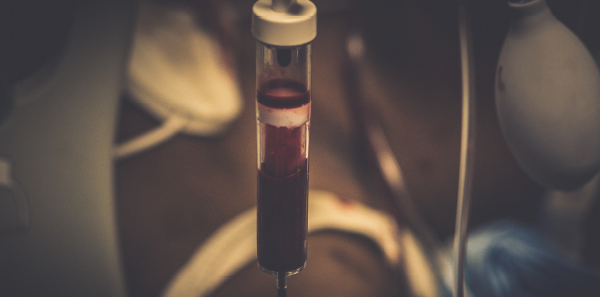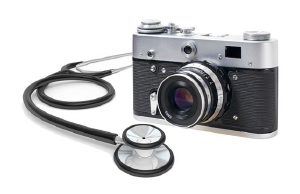
I never thought burnout was a real thing. People always talked about it, but I felt it never really applied to me. I always thought it was something that only affected physicians who were toward the end of their careers. Like most residents, I entered emergency medicine fresh, eager, and open to the realm of possibilities that my specialty had to offer. Then one night as a bright-eyed intern, I was callously struck with the reality of medicine. I had to deal with my first patient death.
Explore This Issue
ACEP Now: Vol 36 – No 04 – April 2017 She was a young woman who presented to the hospital with altered mental status. Soon she was found to be in septic shock and showing signs of organ failure. She went into cardiac arrest, and despite the hospital staff’s very heroic efforts, she died. I still dolefully remember the stream of tears from her young daughter’s face as I told her family that she passed away. This was the first time that I had had to deal with death as a physician, and it was certainly not the last. Leaving the hospital that night, I questioned whether I was meant to do this and began to understand that burnout was a real phenomenon.
She was a young woman who presented to the hospital with altered mental status. Soon she was found to be in septic shock and showing signs of organ failure. She went into cardiac arrest, and despite the hospital staff’s very heroic efforts, she died. I still dolefully remember the stream of tears from her young daughter’s face as I told her family that she passed away. This was the first time that I had had to deal with death as a physician, and it was certainly not the last. Leaving the hospital that night, I questioned whether I was meant to do this and began to understand that burnout was a real phenomenon.
A recent survey illustrated that emergency medicine has one of the highest percentages of burnout.1 Burnout can mean a number of different things to different people. Lack of satisfaction, apathy, compassion fatigue, and simple exhaustion are all commonly described symptoms of burnout. For me, burnout manifested most after I had a patient death under my care. Each and every bad outcome that I had early on in residency began to exacerbate those symptoms more and more. Many physicians, including myself, are goal-directed, type A perfectionists. We do not do well with failure or even the perception of it. Even when failure is inevitable, we often focus on the things that went wrong or the things that we should have changed. I felt myself becoming jaded. I felt like my empathy and compassion were now at the edge of a cliff, hanging on by a thread.
Leaving the hospital that night, I questioned whether I was meant to do this and began to understand that burnout was a real phenomenon.
Several months later, I saw the brother of the patient who died in the emergency department that fateful night. Our eyes met, and his first words to me were not of criticism or scorn but of thanks. To my surprise, he was thanking me for the care and effort that I was able to provide for his sister. Over that time, I was so focused on the negative experiences in medicine that I lost sight of the overwhelmingly positive things that manifest on a daily basis. I began to accept the gratitude for the simple laceration repair or basic shoulder reduction.
What we do is hard. We take care of patients on the worst days of their lives. Ignoring the reality of burnout, like I did, will only set you up for failure. Recognize the signs and take the time to appreciate the gratitude that our patients provide on a daily basis.
 Dr. Thomas is an emergency medicine resident at Highland Hospital in Oakland, California.
Dr. Thomas is an emergency medicine resident at Highland Hospital in Oakland, California.
Reference
- Peckham C. Medscape emergency medicine lifestyle report 2016: bias and burnout. Medscape website. Accessed March 13, 2017.
Pages: 1 2 | Multi-Page





2 Responses to “Positive Patient Encounters Can Help Emergency Physicians Cope with Burnout”
April 24, 2017
Derek McCalmontThis article highlights two important realities of modern medicine. 1). Regardless of specialty, a failure to recognize and focus on positive interactions with patients leads to burnout and cynicism. 2) Medical School now removes students too far from actual patient care and more importantly responsibility. How on earth can anyone arrive at Internship without having experienced unanticipated patient deaths and poor outcomes and be thought to have received an education in medicine?
April 25, 2017
Shahina BraganzaThank you Dr Thomas for your honest generosity. The young woman’s daughter’s heartbreak is palpable, even to me. We accumulate grief over many years. You are right when you say we need to also accumulate joy.
And we need to simply normalise this conversation.